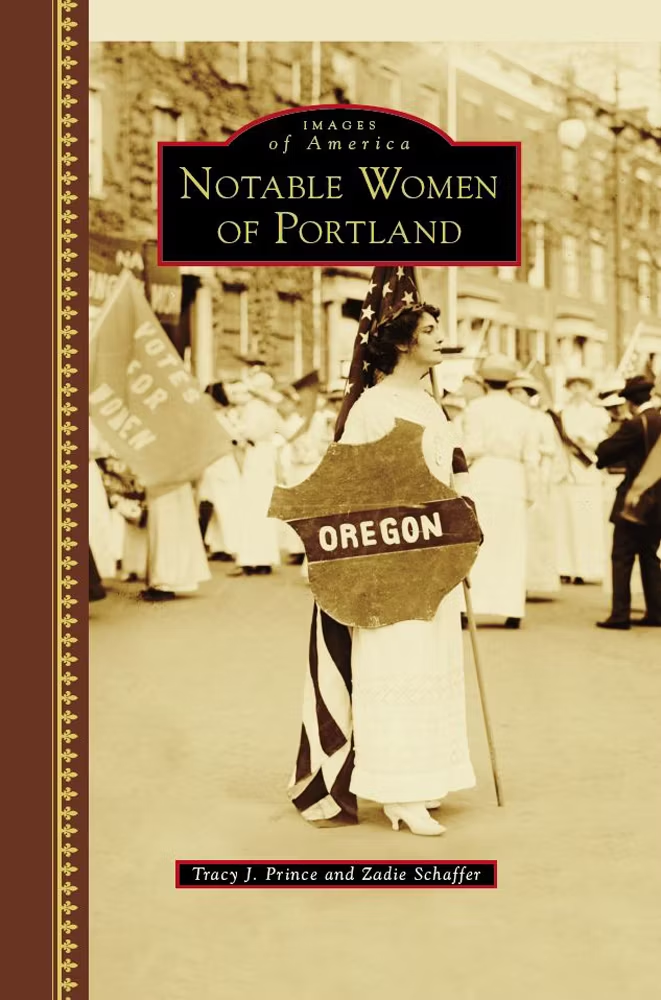
Since 1850, Chicago has felt the benefits of a vital Italian presence. These immigrants formed much of the unskilled workforce employed to build up this and many other major U.S. cities. From often meager and humble beginnings, Italians built and congregated in neighborhoods that came to define the Chicago landscape. Post-World War II development threatened this communal lifestyle, and subsequent generations of Italian Americans have been forced to face new challenges to retain their ethnic heritage and identity in a changing world. With the city's support, they are succeeding.
Formats
Paperback











